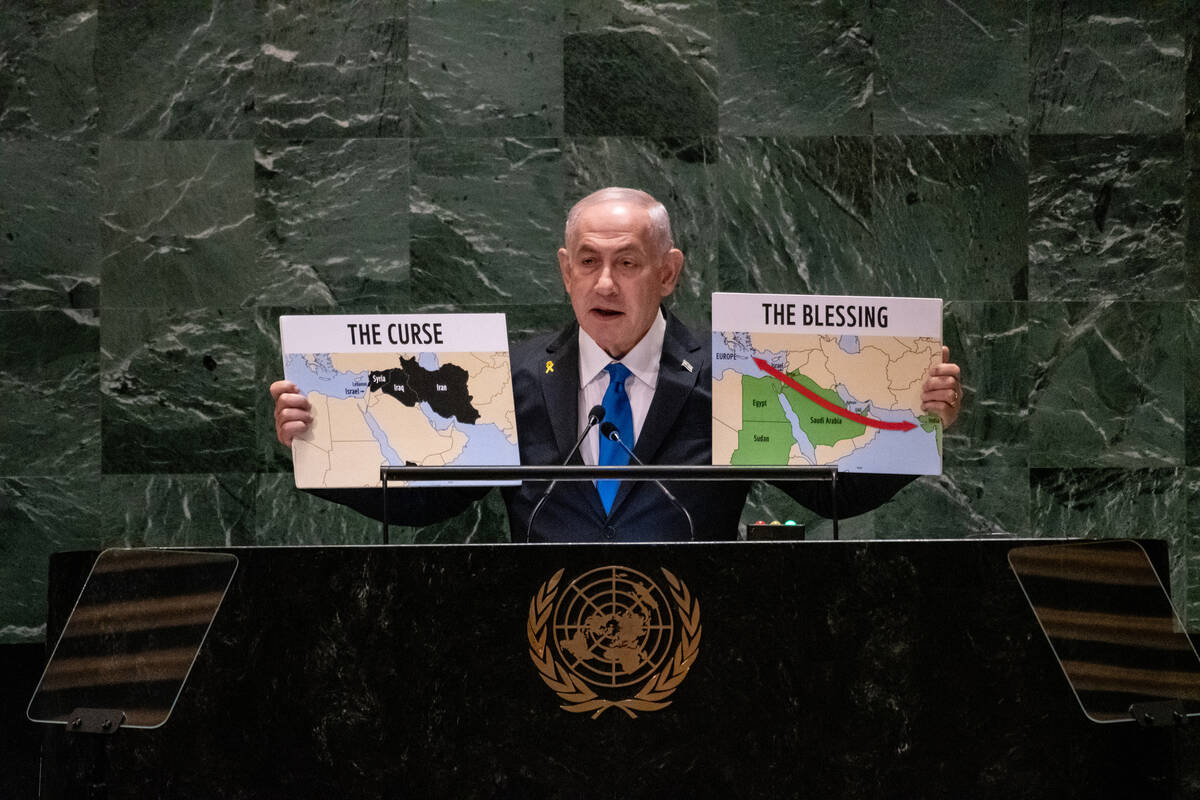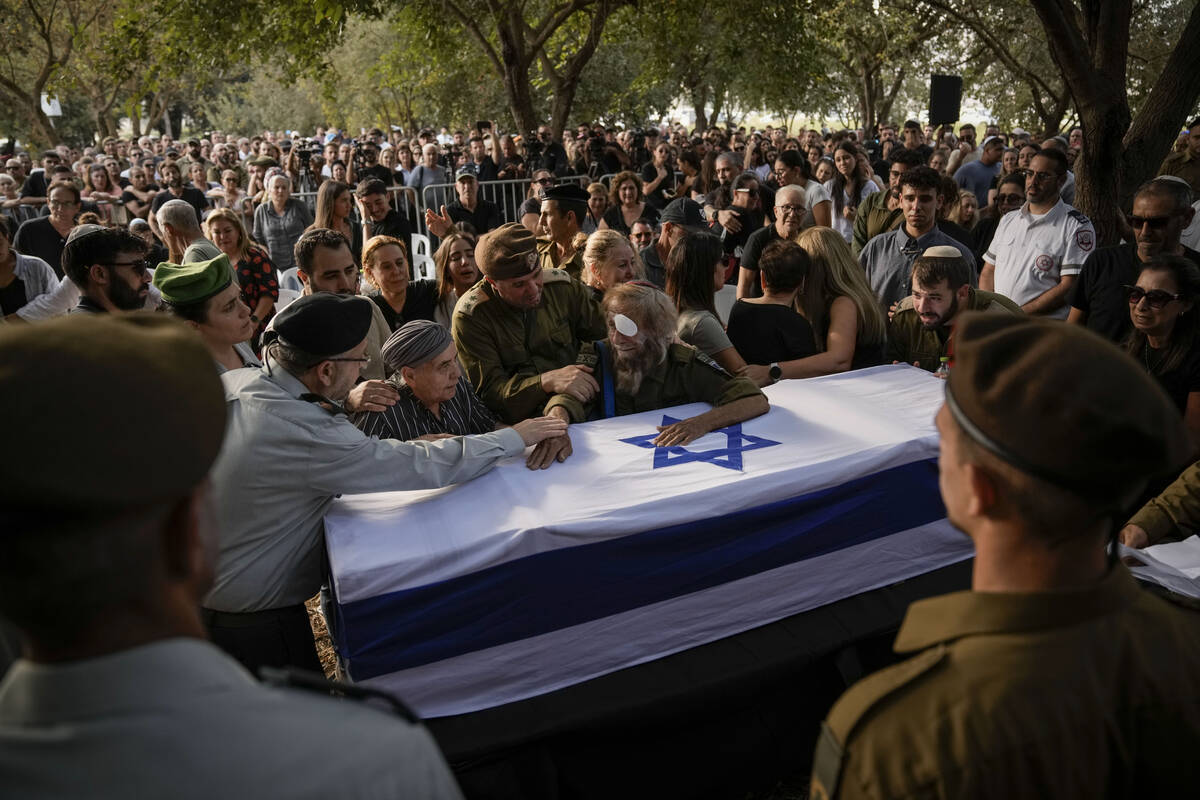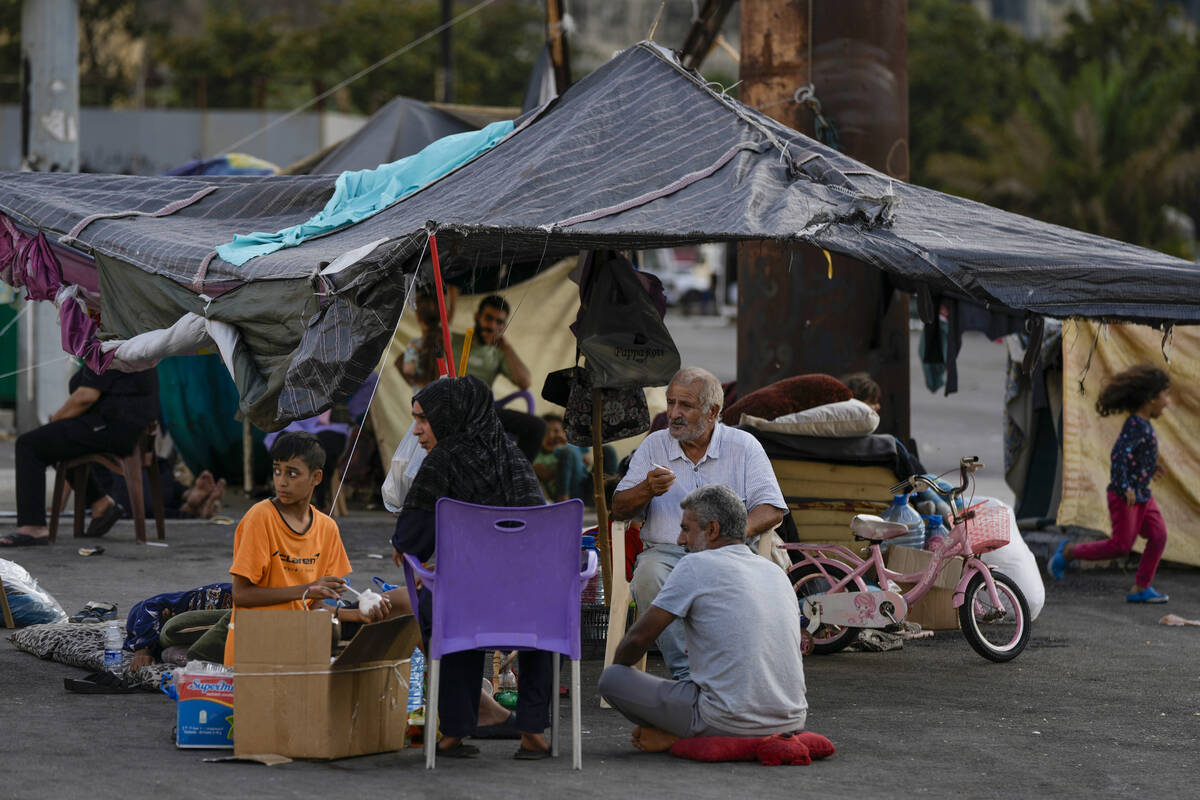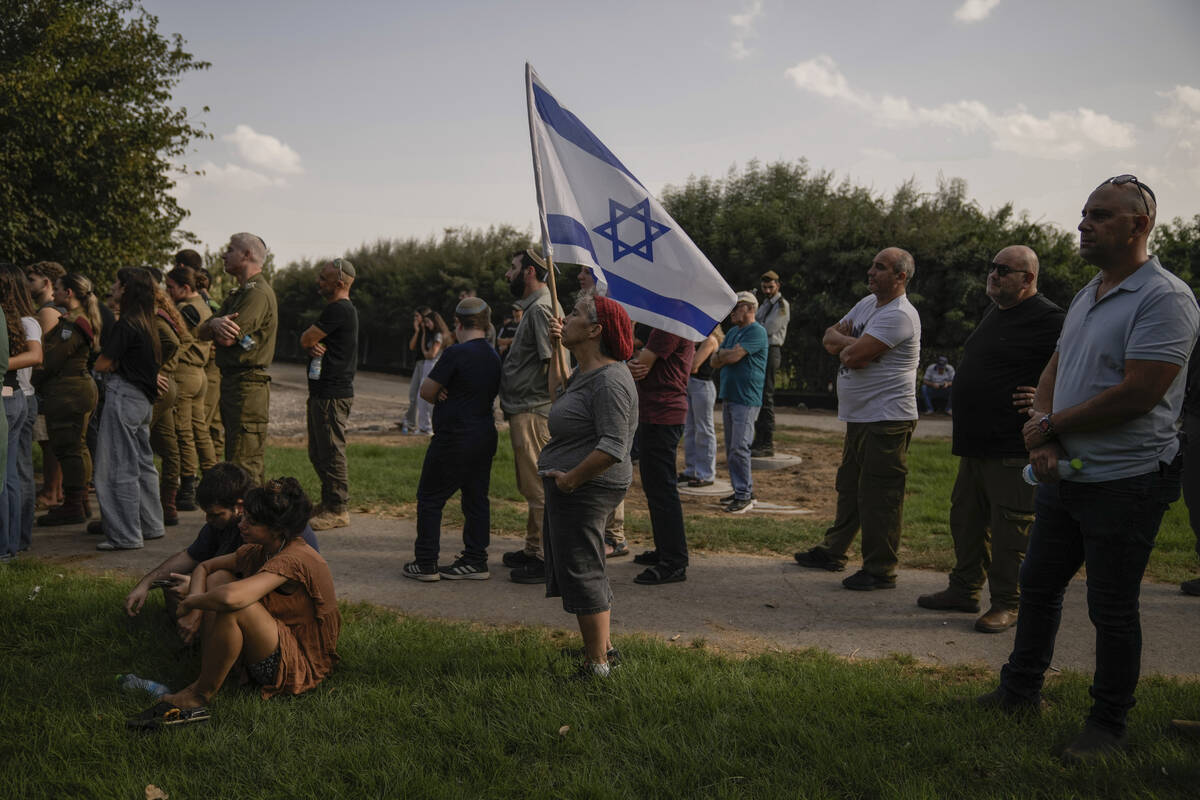Netanyahu agrees to limit strike on Iran, Washington Post reports
Israeli Prime Minister Benjamin Netanyahu has agreed to limit his country’s retaliation against Iran over the missile attack on Oct. 1 to military targets, according to a report in The Washington Post.
Netanyahu has told the Biden administration that he would strike those types of targets rather than Iran’s oil infrastructure or nuclear installations, the Post reported, citing two officials familiar with the matter whom it didn’t identify.
The newspaper cited one of the officials as saying the retaliation for the Iranian missile barrage on Israel would be calibrated to avoid the perception that Israel was interfering in next month’s U.S. election.
Oil dropped at the start of trading after the report was published. The White House on Monday evening referred questions on Netanyahu’s intentions to Israeli officials.
Earlier, Israel said a fresh barrage of missiles was fired from Lebanon a day after a Hezbollah drone strike killed four soldiers.
The Israeli military reported on Monday that 90 projectiles had crossed from Lebanon, and sirens were later heard across the center of the country. A large number of people rushed to bomb shelters, according to the Israel Defense Forces, which later said all threats aimed at the central region were intercepted.
Hezbollah’s Sunday assault on the encampment south of Haifa injured more than 50 troops as well as killing four soldiers, one of the terrorist group’s deadliest cross-border attacks in at least a year. Lebanon’s health ministry said an Israeli air strike in the remote district of Ehden, well north of Beirut, killed nine people on Monday, as Israel widened its offensive in the neighboring country.
An Israeli official said that deliveries of a U.S.-supplied THAAD missile defense system are due to start on Tuesday.
Washington pledged the THAAD, and accompanying U.S. troops, on Sunday to bolster its ally’s defenses. That, Israeli experts said, would also make it less likely Netanyahu would sanction action without Washington’s backing, given the presence of U.S. troops operating the system.
The Israeli military said its forces operating in southern Lebanon uncovered an underground compound stretching half a mile that served as a command center for Hezbollah’s special forces.
A video released by the army Monday shows weapons and ammunitions that it said are stored inside the tunnel, including helicopter-fired missiles and mortar shells. It also shows motorcycles and living quarters containing beds and a kitchen stocked with food and supplies.
The army’s chief spokesman, Rear Adm. Daniel Hagari, said the tunnel is a few miles from Israel’s border, and that the weapons stocked there were to be used in a raid on northern Israel.
Meanwihle, a patrol of the Italian contingent of the U.N. peacekeeping forces in southern Lebanon found explosive devices positioned along the road leading to a U.N. base.
The Italian Defense Ministry says a team of bomb disposal experts secured the area close to Forward Operating Base UNP 1-32A, but they couldn’t complete the clearance operation because one of the devices ignited, causing a fire. No one was injured.
In northern Gaza, Israel has stepped up fighting against Hamas, the terrorist group whose raid on Israel on Oct. 7 last year triggered the ongoing war in the Palestinian territory. About 1,200 Israelis were killed in that attack, while over a year of fighting in Gaza has left more than 41,000 Palestinians dead, according to the Hamas-run Health Ministry in Gaza.
The IDF said it targeted Hamas in a strike in the area of Deir al-Balah on Sunday night, aiming for a center embedded in a compound in what has previously served as a hospital. Four people were killed there, the Hamas-run Health Ministry said.
Both Hamas and Hezbollah are designated terrorist organizations by the U.S. Almost 400 Israeli troops have died in fighting in Gaza and on the Lebanon front.
Iranian Foreign Minister Abbas Araghchi was in Iraq on Sunday and Oman on Monday as part of a tour designed to drum up regional opposition to any retaliation by Israel. He visited Saudi Arabia and Qatar last week.
Meanwhile, Israel faced more criticism Monday over attacks on U.N. peacekeepers in southern Lebanon, but Netanyahu repeated the warning for them to temporarily leave the area where the military is operating against Hezbollah terrorists.
The U.N. Security Council expressed “strong concern.” The European Union condemned the attacks and rejected Israeli allegations that the U.N. was keeping them there to obstruct military operations against Hezbollah.

























